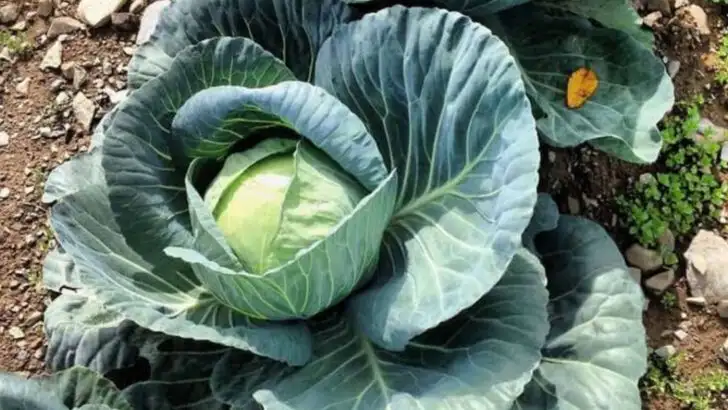The vegetables you grow at home can do more than just fill your plate—they can nourish your entire system, from your gut to your brain. While store-bought options often lose nutrients in transit, garden-fresh veggies are bursting with vitamins, minerals, and gut-friendly fiber that actively support your immune system, digestion, and mental clarity.
In this article, we’re spotlighting 15 powerful vegetables you can grow that are known to support both body and mind. From leafy greens that feed your microbiome, to cruciferous plants like broccoli that strengthen immunity, to beets that enhance blood flow to the brain—each veggie has a role in keeping you sharp, strong, and balanced. And the best part? They’re all easy to grow, even in small gardens or raised beds.
At Plantisima, we believe food should be functional—and what’s more functional than homegrown vegetables that support your health from the roots up? Whether you’re gardening for flavor, focus, or overall wellness, these plants bring more than nutrition to the table—they bring intention. Ready to eat (and think) better, one harvest at a time?
Kale
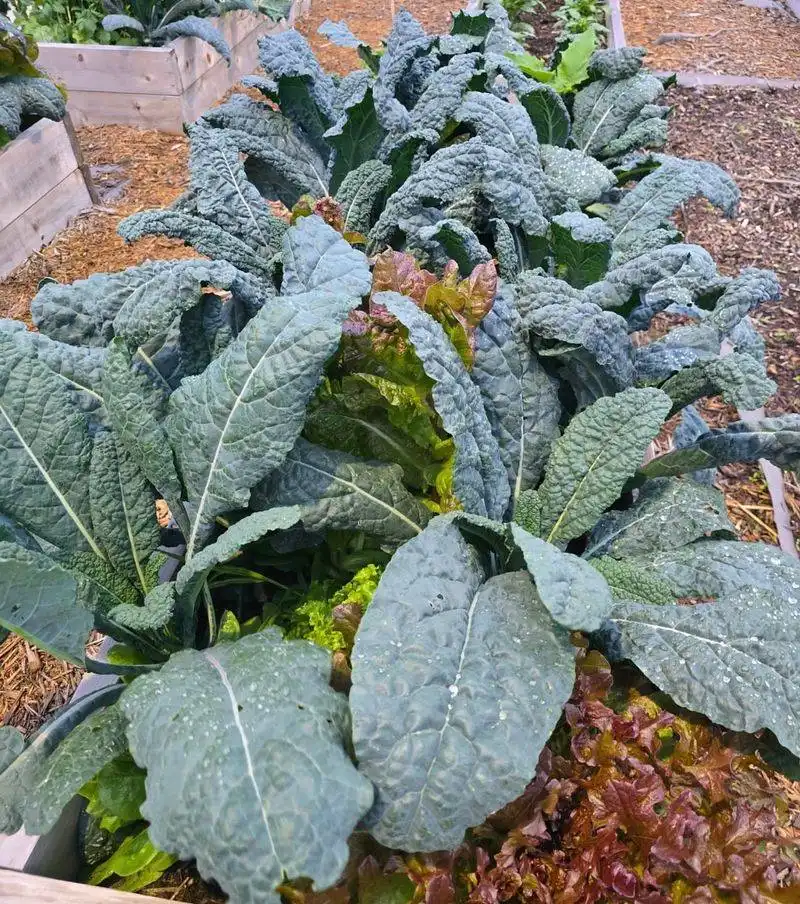
Kale, with its rich dark leaves, is a powerhouse of nutrients. Often lauded for its high vitamin content, particularly K and C, it plays a critical role in immune function. These vitamins also aid in maintaining cognitive function, making kale a vegetable not just for the body but for the mind too.
Besides its nutritional profile, kale is incredibly versatile in culinary applications. It can be blended into smoothies, sautéed, or even baked into crispy chips.
A staple in many health-conscious diets, kale’s fibrous content also supports digestive health, ensuring a happy gut.
Spinach
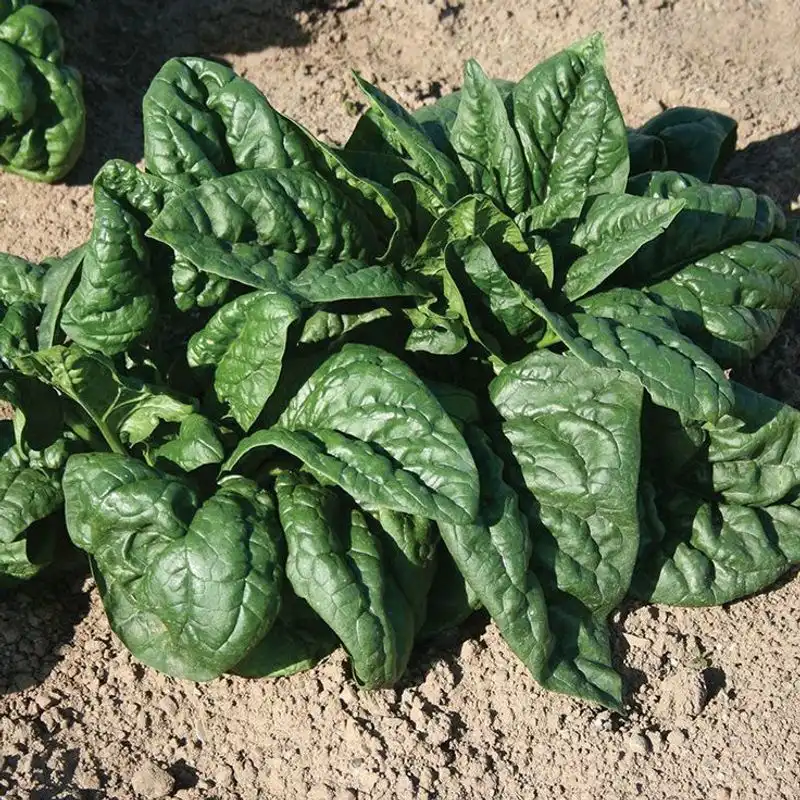
Popeye’s favorite, spinach is known for its iron-rich content, essential for blood health. The green, leafy vegetable is also loaded with antioxidants like beta carotene and lutein, which bolster the immune system and promote eyesight.
Spinach is versatile and can be used in salads, pastas, or even smoothies. Its mild flavor complements a variety of dishes.
In addition to its immune-boosting properties, spinach contains compounds that support brain health, making it a dual-action vegetable for both mind and body wellness.
Broccoli
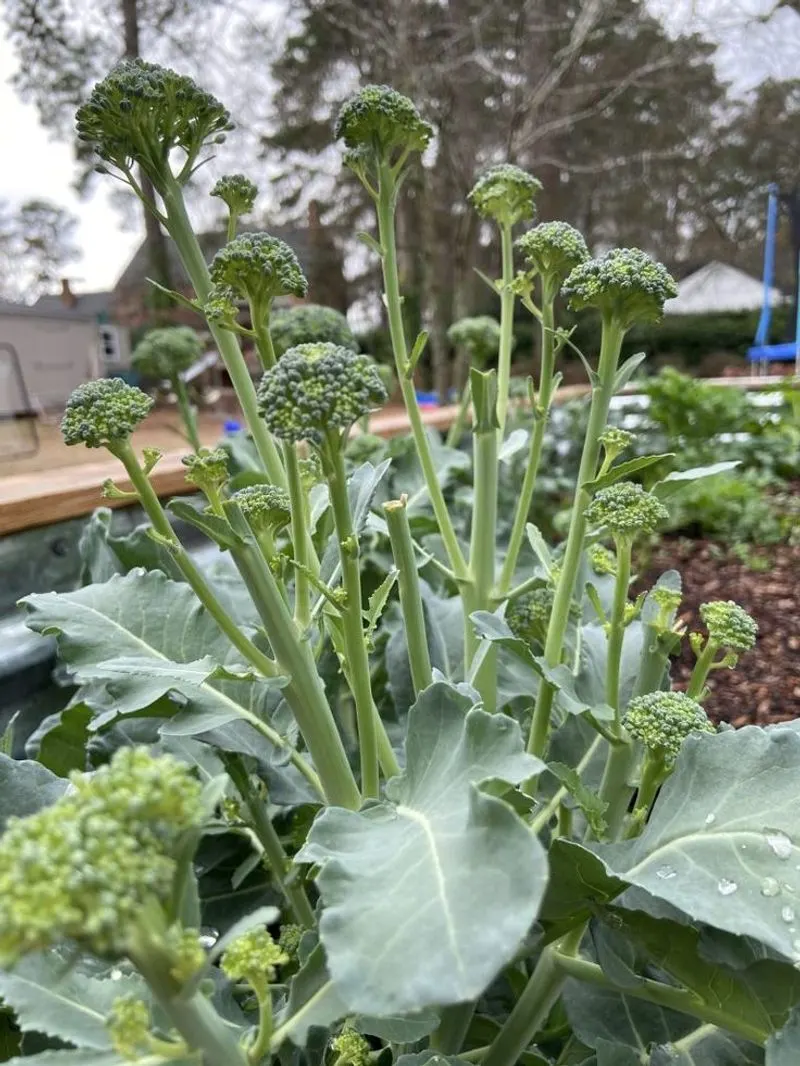
Broccoli, sometimes dubbed a ‘mini tree,’ is more than just a side dish. Rich in vitamins C and K, it supports immune function and bone health. Its high fiber content is excellent for digestion, making it a champion for gut health.
Broccoli also contains sulforaphane, a compound that may protect brain health and cognitive function. This makes it a powerful ally in maintaining mental clarity.
Whether steamed, roasted, or raw, broccoli is a versatile ingredient that can enhance various meals while providing essential nutrients.
Carrots

Carrots, with their bright orange hue, are known for their high beta-carotene content. This antioxidant is converted to vitamin A in the body, essential for healthy vision and immune system support.
These crunchy roots are not only delicious raw but also add sweetness to cooked dishes. Carrots have a natural sweetness that appeals to many palettes, making them a favorite among children too.
In addition to their visual and immune benefits, carrots contribute to gut health with their fiber, aiding digestion and maintaining a healthy gut flora.
Garlic

Garlic, renowned for its pungent aroma, holds numerous health benefits. It’s packed with compounds like allicin, which contribute to its immune-boosting properties. Garlic is often hailed for its ability to combat common colds and infections.
Incorporating garlic into meals can enhance flavor while providing health perks. It’s used in a variety of cuisines, adding depth and complexity to dishes.
Garlic has prebiotic effects, meaning it can support gut health by promoting the growth of beneficial bacteria, thus enhancing digestion and nutrient absorption.
Tomatoes
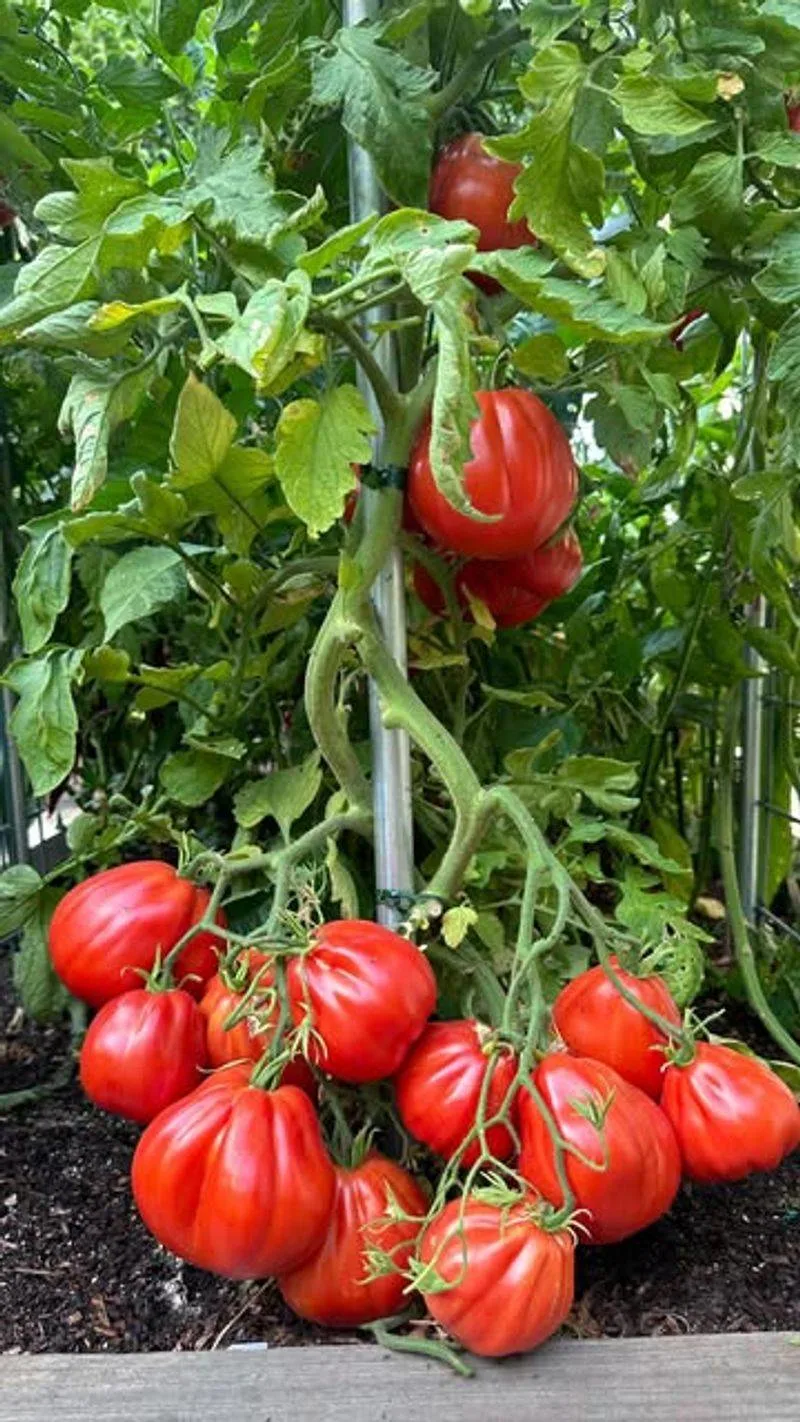
Tomatoes are a garden staple, cherished for their juicy flavor and health benefits. High in lycopene, an antioxidant linked to reduced risk of heart disease and cancer, they are vital for long-term health.
Fresh tomatoes add a pop of color and flavor to salads, sauces, and salsas. Their versatility makes them a favorite in many culinary traditions.
Beyond heart health, tomatoes contribute to skin health and immune function, thanks to their rich vitamin C content. They’re a tasty, healthful addition to any garden.
Sweet Potatoes
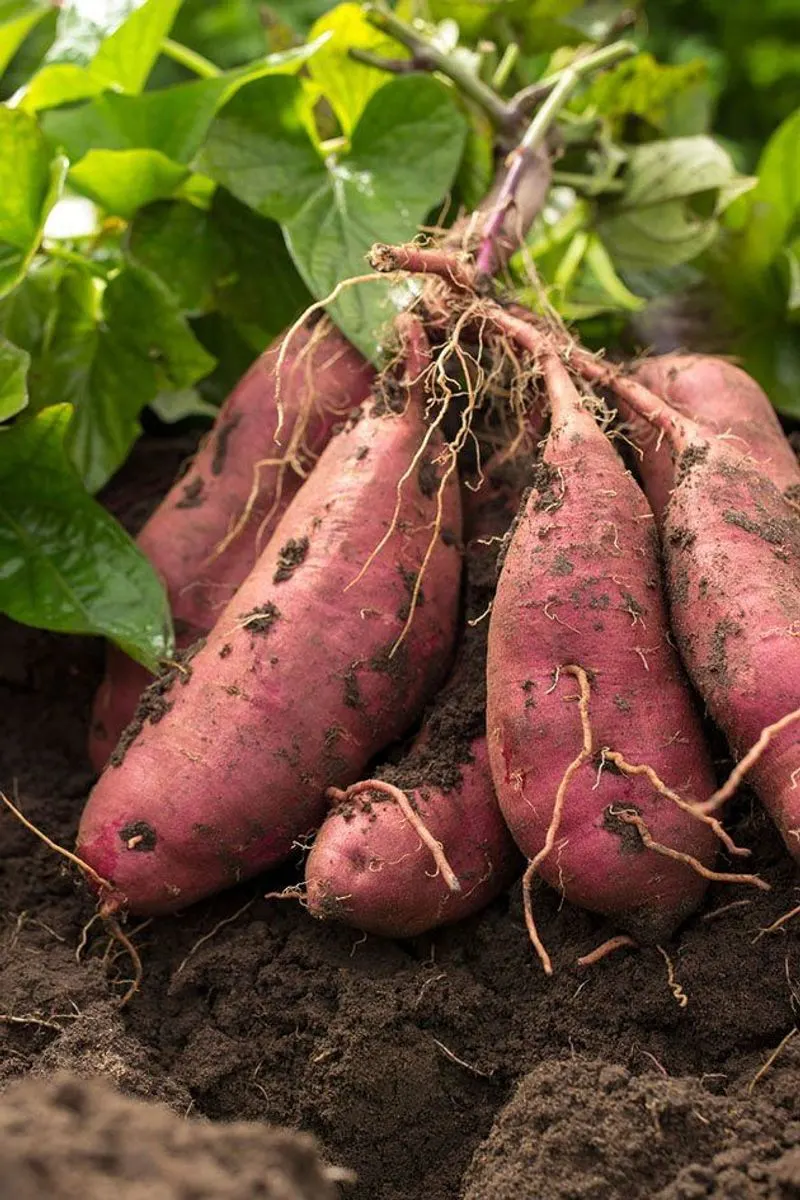
Sweet potatoes boast a rich orange hue, indicating their high beta-carotene content. This antioxidant supports immune health and eye function. Sweet potatoes are also a good source of fiber, aiding digestion and promoting gut health.
Their natural sweetness makes them a delightful ingredient in both sweet and savory dishes. Roasted, mashed, or baked, sweet potatoes are versatile and satisfying.
Additionally, sweet potatoes contain compounds that may enhance brain function, making them a smart choice for those seeking mental clarity and vitality.
Beets
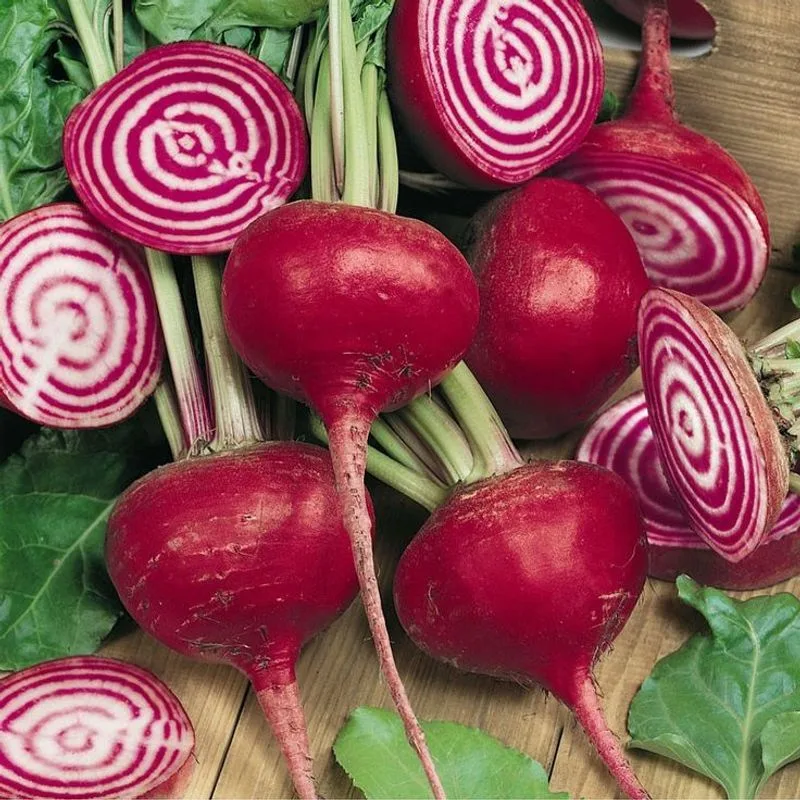
Beets, with their deep red color, are rich in nitrates, which can improve blood flow and lower blood pressure. This can lead to better cardiovascular health and enhanced brain function.
Their earthy flavor pairs well with both sweet and savory ingredients, making them adaptable in the kitchen. Beets can be roasted, boiled, or even pickled for a variety of dishes.
In addition to heart and brain benefits, beets support digestive health through their fiber content, promoting a healthy and regular gut.
Peppers
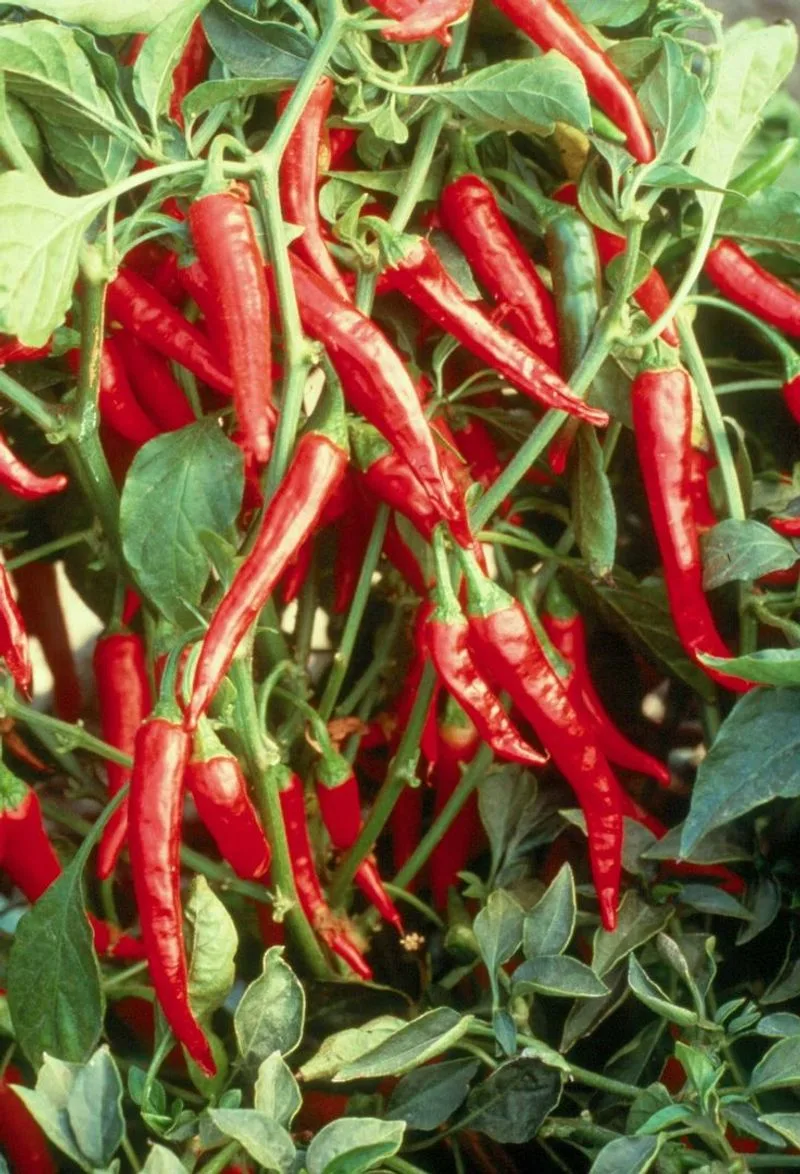
Peppers, whether sweet or spicy, are brimming with vitamin C, vital for immune support and skin health. Their vibrant colors indicate a range of antioxidants, including beta-carotene and flavonoids.
Used fresh or cooked, peppers enhance the flavor of countless dishes. They add a crisp, refreshing bite when raw and a sweet, smoky taste when grilled or roasted.
Besides boosting immunity, the capsaicin in spicy peppers can also aid metabolism and enhance mental focus, making them a dynamic addition to your garden.
Cabbage
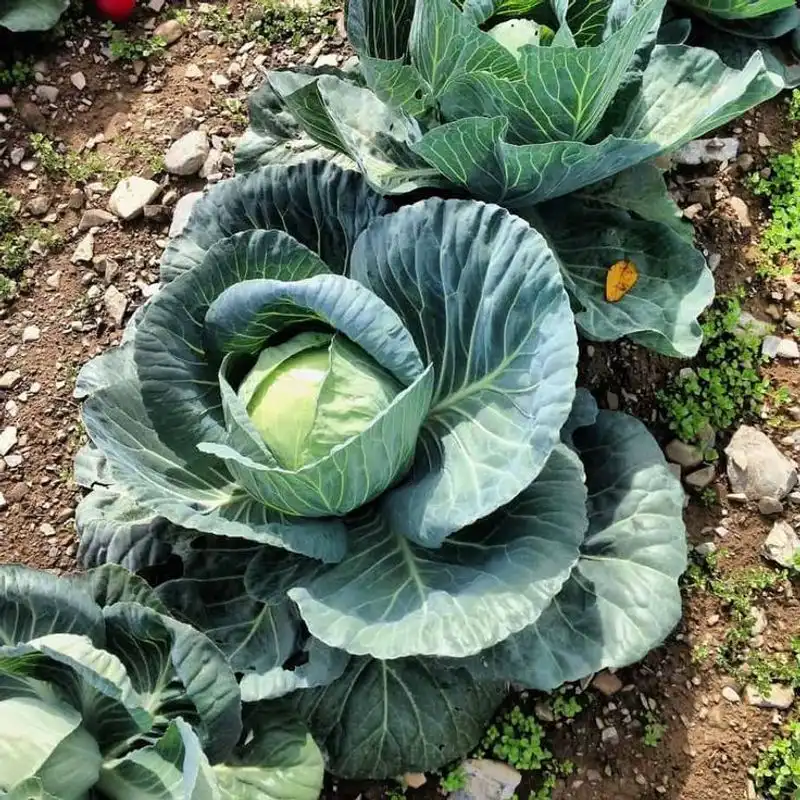
Cabbage is an ancient vegetable with modern-day benefits. It’s high in vitamin C, supporting immune function and skin health. The fiber in cabbage aids digestion, promoting a healthy gut environment.
This cruciferous vegetable is versatile: it can be fermented into sauerkraut, added to soups, or enjoyed raw in salads. Each preparation offers unique flavors and textures.
Additionally, cabbage contains antioxidants that may reduce inflammation, aiding in overall health maintenance, making it a beneficial addition to any diet.
Zucchini
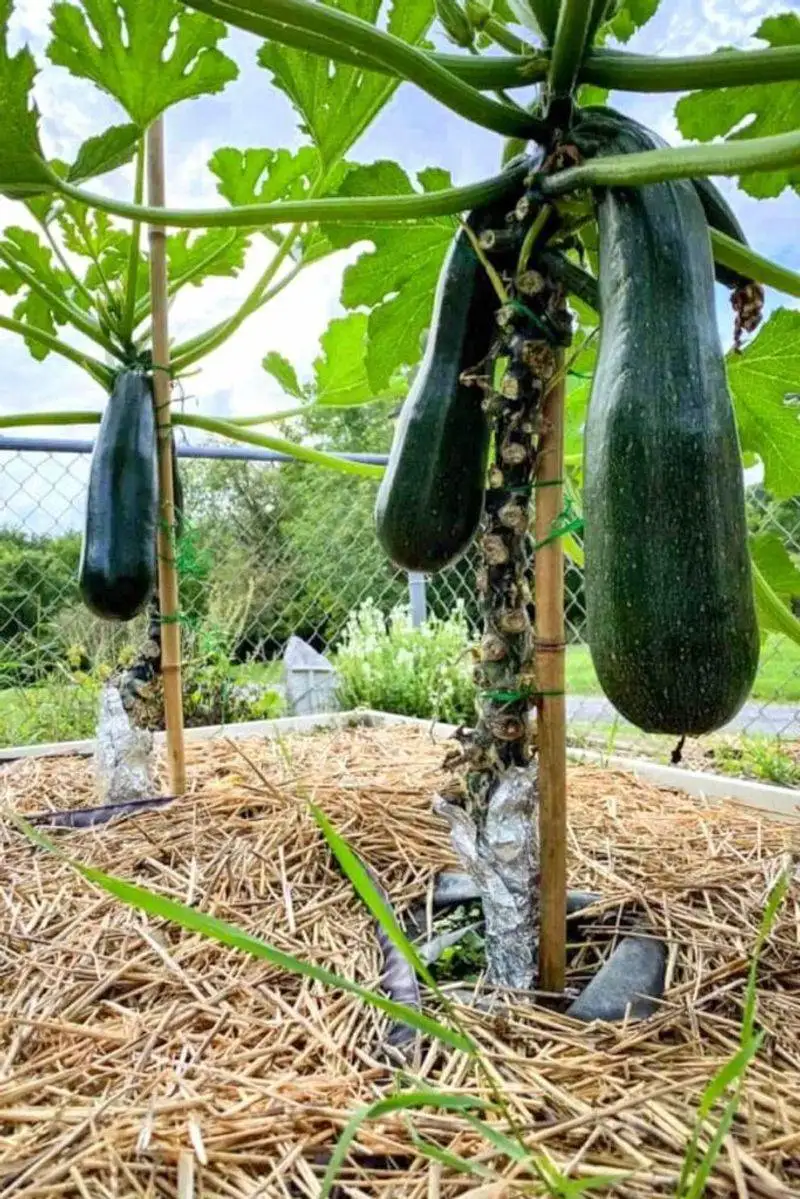
Zucchini, often enjoyed in the summer, offers a mild flavor and numerous health benefits. Rich in vitamins A and C, it supports eye health and the immune system. Its high water content makes it hydrating and low in calories.
Zucchini can be enjoyed grilled, baked, or spiralized into noodles, providing a guilt-free ingredient for creative meals.
This garden vegetable also contains fiber that aids digestion, making it a digestive-friendly option for those pursuing a balanced diet. Its versatility in the kitchen adds to its appeal.
Onions

Onions, a staple in kitchens worldwide, are more than just a flavor enhancer. They contain quercetin, an antioxidant that supports immune function and reduces inflammation.
Their pungent aroma signals their potential to elevate the taste of many dishes, from savory soups to fresh salads. Onions also have prebiotic properties that promote a healthy gut microbiome.
Incorporating onions into your diet can offer not only flavor but also a boost to both gut health and immunity, making them a valuable addition to any meal plan.
Lettuce
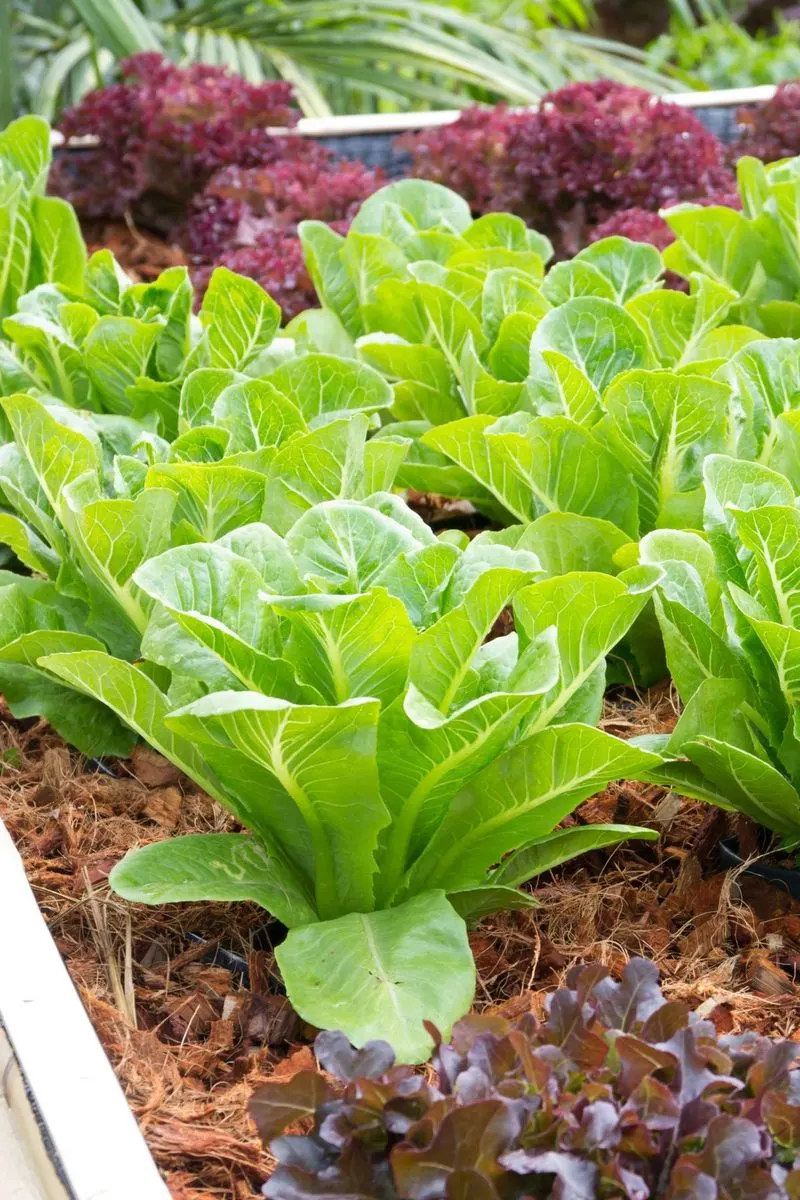
Lettuce, often seen as the humble base of salads, is refreshing and hydrating. Its high water content assists in maintaining hydration, while the fiber supports digestive health.
Though mild in flavor, lettuce can be a crisp, refreshing addition to various dishes, from salads to wraps. It’s low in calories, making it a diet-friendly choice.
Additionally, the vitamins present in lettuce, such as vitamin K, contribute to bone health and play a role in blood clotting, showcasing its importance beyond the salad bowl.
Radishes
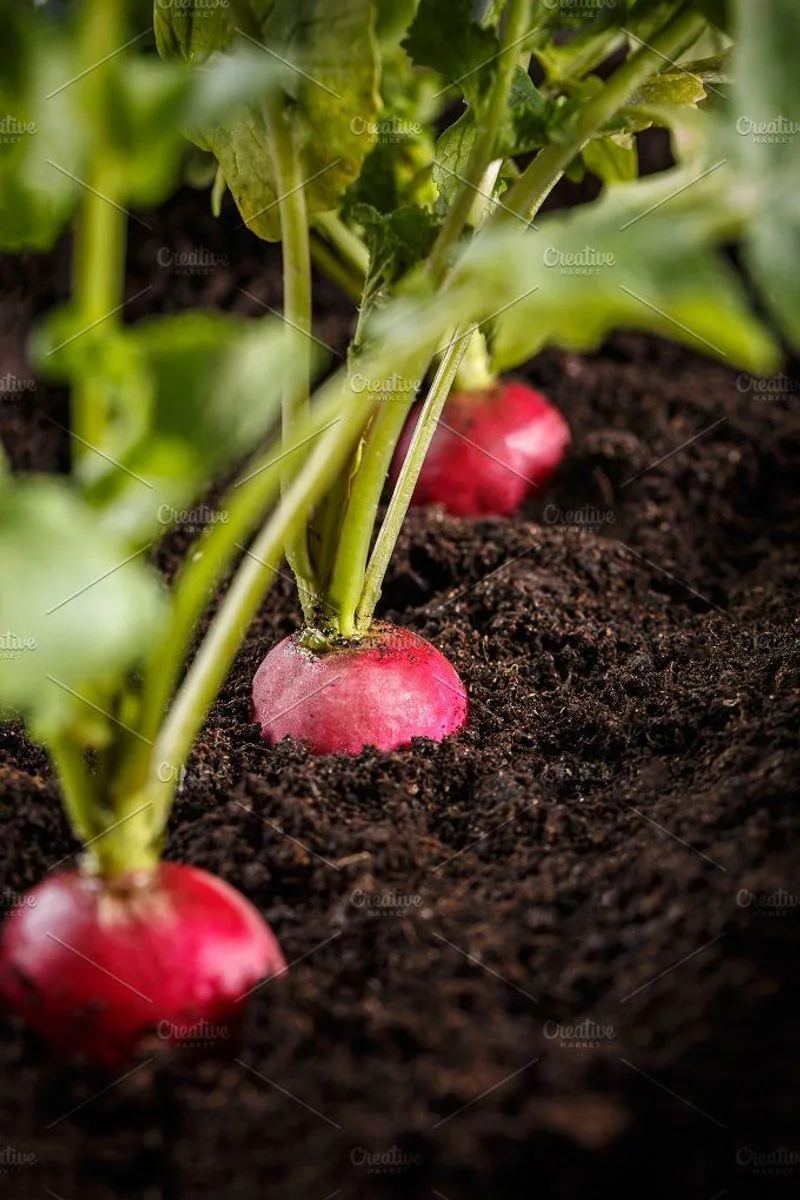
Radishes, with their peppery bite, bring a unique flavor to the garden table. Rich in vitamin C, they support immune function and skin health. Their crunchy texture adds a refreshing element to salads and sandwiches.
Aside from their taste, radishes are low in calories yet high in nutrients, making them a smart choice for those conscious of their diet.
Moreover, the natural compounds in radishes may aid digestion and promote liver health, making them a small but mighty addition to your health regimen.
Cucumbers
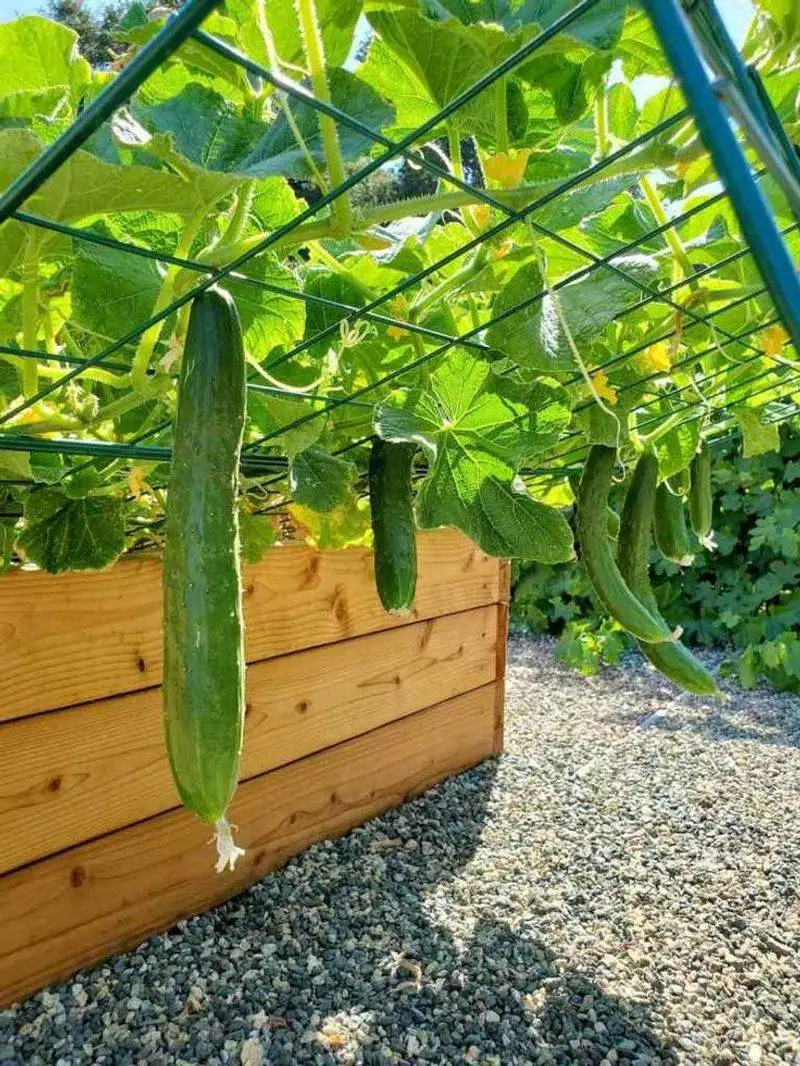
Cucumbers, cool and crisp, are known for their hydrating properties due to high water content. This makes them perfect for hot days when hydration is key.
Besides being refreshing, cucumbers contain antioxidants that support skin health and reduce inflammation. Their mild flavor makes them a versatile ingredient in salads, sandwiches, or even infused in water.
Additionally, cucumbers offer digestive benefits with their fiber content, promoting a healthy gut and assisting in regularity. They’re an effortless way to enhance both hydration and nutrition.

